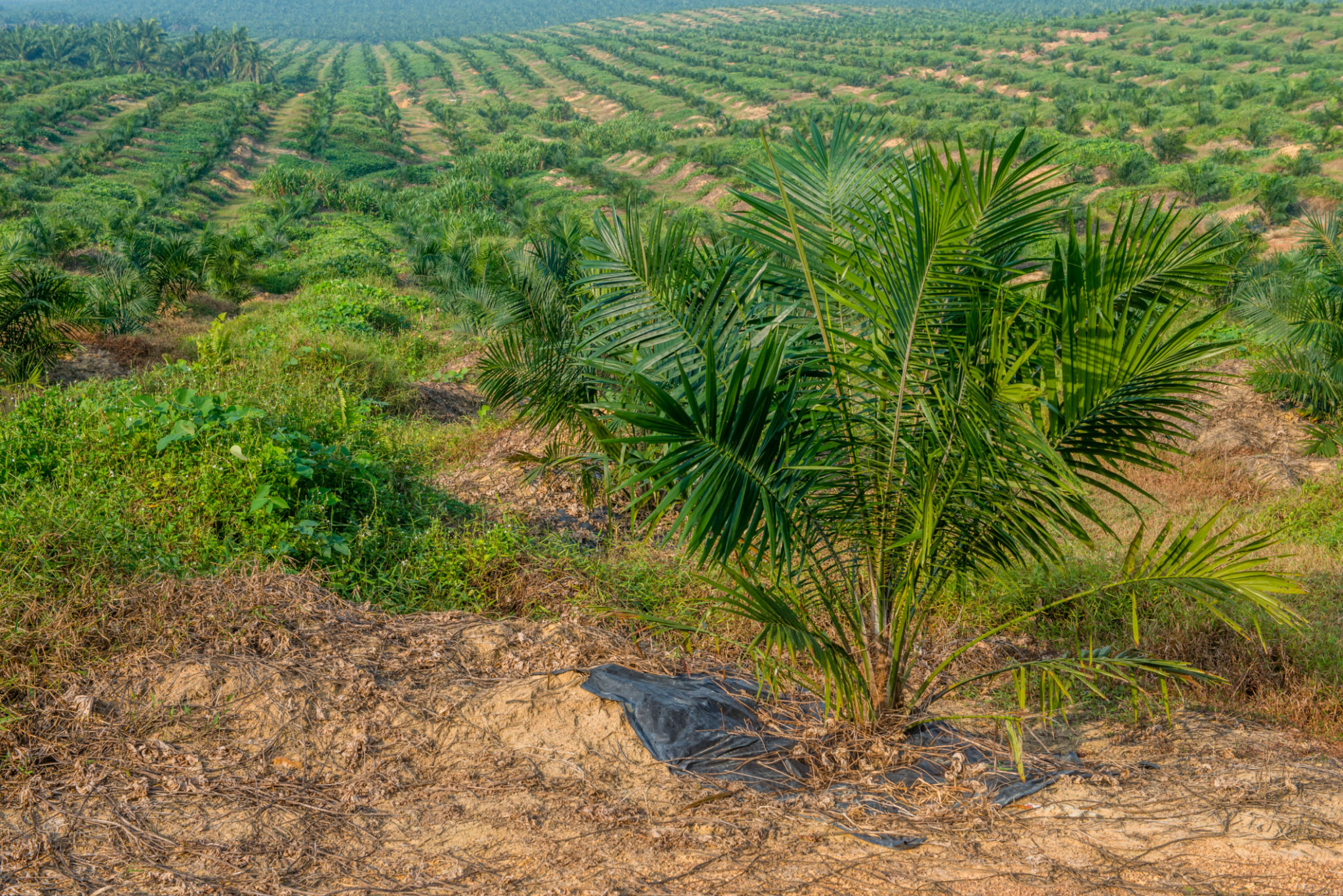Understanding the Impact of Johor's Climate on Pest Activity
Introduction to Johor's Climate
Johor, located at the southern tip of Malaysia, is known for its tropical rainforest climate. This region experiences high humidity and significant rainfall throughout the year, with temperatures ranging from 25°C to 32°C. Such conditions provide an ideal environment for a variety of pests to thrive, affecting both urban and rural areas.

Humidity and Pest Proliferation
High humidity levels in Johor are a major contributing factor to pest activity. Many pests, such as cockroaches and ants, thrive in humid environments. This is because moisture helps them survive and reproduce more quickly. In addition, standing water from frequent rainfall can lead to mosquito breeding grounds, increasing the risk of mosquito-borne diseases.
Residents and businesses must be vigilant in managing water accumulation around their properties. Regular maintenance and proper drainage systems can significantly reduce the likelihood of pest infestations.
Temperature Influence on Pest Behavior
The warm temperatures in Johor throughout the year also play a crucial role in pest behavior. Warm climates accelerate the life cycle of many pests, leading to faster reproduction rates. For instance, termites, which are common in Johor, are more active and destructive in warmer conditions. They can cause significant damage to wooden structures if not controlled promptly.

Understanding these temperature effects can help residents implement timely pest control measures, such as regular inspections and the use of preventative treatments.
Seasonal Changes and Pest Patterns
Although Johor does not experience distinct seasons like temperate regions, there are variations in rainfall and temperature throughout the year that affect pest activity. The monsoon season, which occurs between November and March, brings heavy rains that can exacerbate pest problems by creating more breeding sites and food sources.
- Increased mosquito activity due to waterlogged areas.
- Higher rodent sightings as they seek shelter from flooding.
- Greater ant infestations as they search for dry nesting sites.

Pest Control Strategies
Effective pest control in Johor requires a comprehensive approach that considers the unique challenges posed by its climate. Residents should employ a combination of physical, chemical, and biological methods to manage pest populations effectively. Regular monitoring and professional pest control services can help identify potential issues early and reduce the impact of infestations.
Implementing climate-specific strategies, such as using weather-resistant materials in construction and maintaining garden hygiene, can also mitigate pest problems significantly.
Conclusion
Understanding the impact of Johor's climate on pest activity is essential for effective pest management. By recognizing how humidity, temperature, and seasonal changes influence pest behavior, residents can adopt proactive measures to safeguard their homes and communities. With ongoing vigilance and appropriate control strategies, it's possible to minimize the adverse effects of pests in this tropical region.
